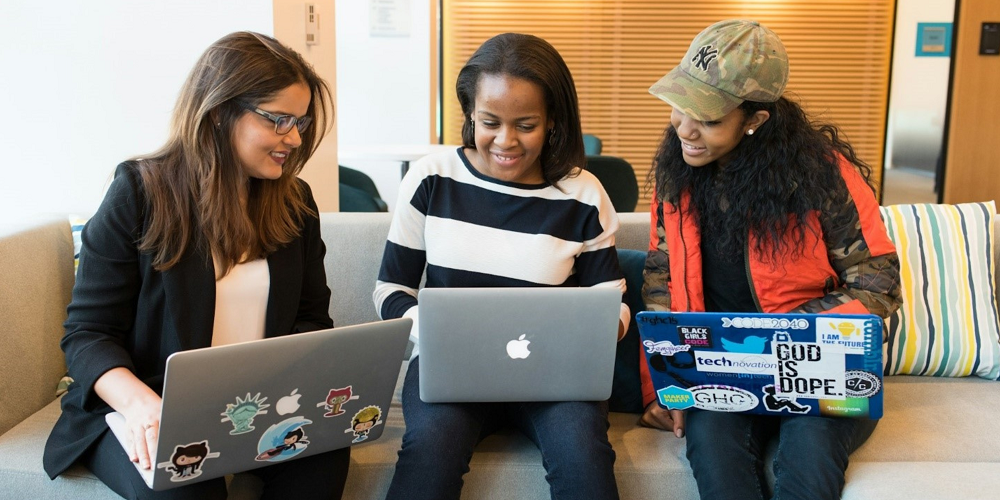Studying abroad is not merely an academic pursuit; it’s a transformative journey that exposes students to diverse cultures, perspectives, and belief systems. As students immerse themselves in new environments, their religious identity often undergoes profound changes, influenced by the rich tapestry of beliefs encountered.
In this blog, we’ll explore the significance of exposure to different cultures while studying abroad and the ways in which it shapes our understanding of religion.
EMBRACING CULTURAL DIVERSITY
Experiencing Cultural Immersion:
Studying abroad offers students the opportunity to immerse themselves in cultures vastly different from their own. From exploring sacred sites to participating in religious ceremonies, students gain firsthand insights into diverse religious practices and traditions. Students can also seek guidance in this matter from VICPAK Education consultants in Lahore, Karachi, Islamabad, Gujranwala who are the proven experts around the globe.
Fostering Empathy and Understanding:
Interacting with people from diverse religious backgrounds cultivates empathy and fosters a deeper understanding of differing beliefs. Through meaningful conversations and shared experiences, students develop respect for cultural and religious diversity, transcending boundaries of prejudice and intolerance.
Expanding Worldview:
Exposure to different cultures broadens students’ worldview, challenging preconceived notions and expanding their perspectives. By witnessing the role of religion in shaping societies and individuals, students gain a more nuanced understanding of the complexities of faith and its impact on people’s lives.
THE IMPORTANCE OF OUR RELIGIOUS IDENTITY
Roots and Identity:
Our religious identity is often deeply intertwined with our sense of self and belonging. Studying abroad provides an opportunity for students to reflect on their own religious beliefs and practices in the context of a diverse global community, reaffirming or reevaluating their spiritual convictions.
Cultural Heritage:
Religion serves as a repository of cultural heritage, preserving traditions, rituals, and values passed down through generations. While studying abroad, students may find solace and connection in practicing their religion, anchoring themselves amidst the unfamiliarity of a new environment.
Identity Negotiation:
Exposure to diverse cultures prompts students to navigate their religious identity in a pluralistic world. Some may find themselves embracing aspects of different faiths, while others may strengthen their commitment to their own beliefs. This process of identity negotiation is a crucial aspect of personal growth and self-discovery.
BALANCING CULTURAL EXPLORATION AND RELIGIOUS IDENTITY
Open-Minded Exploration:
While studying abroad encourages open-minded exploration of different cultures and beliefs, it’s essential to approach this journey with respect and sensitivity. Engage in meaningful dialogue, ask questions with genuine curiosity, and strive to understand rather than judge.
Strengthening Faith:
For many students, studying abroad can deepen their faith and strengthen their connection to their religious community. Participating in religious activities, seeking out supportive communities, and practicing rituals can provide a sense of continuity and comfort amidst the challenges of cultural adaptation.
Personal Growth:
Ultimately, the journey of studying abroad offers students the opportunity for profound personal growth and spiritual enrichment. By embracing cultural diversity while honoring their religious identity, students navigate the complexities of the human experience with grace, compassion, and a deeper understanding of themselves and the world around them.
In conclusion, studying abroad is a transformative experience that exposes students to the rich tapestry of human diversity, including religious beliefs and practices. By embracing cultural immersion while remaining grounded in their religious identity, students embark on a journey of self-discovery, empathy, and personal growth that transcends geographical borders and fosters a more inclusive and interconnected global community.










